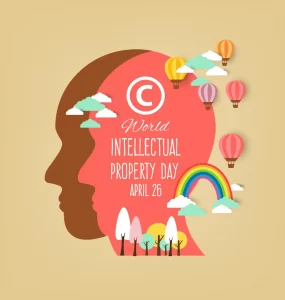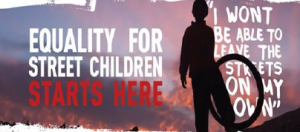Reading the gospel texts, each one is inspired by them in his/her own way.
Any given text, at different moments, may open up new perspectives and offer new messages.
 Today the long gospel text presents us with two different scenes (John 21:19-31).
Today the long gospel text presents us with two different scenes (John 21:19-31).
In the second one, we see Jesus with Peter – a scene quite special indeed and rich in insights.
I read it again and… an unusual idea comes – the title I would give to this scene:
‘What God knows but… wants to be told again!’
Not once, not twice, but three times, Jesus asks a question from Peter.
A searching question, one that is very personal, and… evocative…
Every time Peter answers repeating the words:
“Lord, you know that I love you.”
The third time, Peter adds the words:
“Lord, you know everything…”
Peter is right: Jesus knows it but wants to hear it, he wants Peter to pronounce the words –
words that will remind him who has been weak, and betrayed Jesus, that he is still Jesus’ friend.
There are people who refuse to pray saying that God knows everything and does not need to be told of our needs.
They are convinced that God knows whatever situation we find ourselves in and does not need to be reminded of anything.
It is true but… perhaps WE need to realize what our situation is, what our needs are, and… what is the friendship that God offers us!
God who wants to share our life, in close proximity to us, from day to day…
It may be something that WE need to be reminded of!
Note: And another reflection, on a different theme, is available in French at: https://image-i-nations.com/3e-dimanche-de-paques-annee-c-2022/
Source: Image: Church of Jesus Christ



 The day is celebrated and observed to raise awareness about this life-threatening disease and to encourage people to come together in order to prevent it.
The day is celebrated and observed to raise awareness about this life-threatening disease and to encourage people to come together in order to prevent it. Repeating things – speaking again the words already said – we do it very often.
Repeating things – speaking again the words already said – we do it very often. I think especially of some of our prayers.
I think especially of some of our prayers.
 A stone rolled away…
A stone rolled away… The Good Friday celebration includes, of course, the text of the Passion of Jesus (John 18:1 – 19:42).
The Good Friday celebration includes, of course, the text of the Passion of Jesus (John 18:1 – 19:42). When, at the
When, at the 